Author: user
-
Fully Intelligent Machine? An Anarchy of Methods
An important early milestone in the history of artificial intelligence was the 1956 Dartmouth Summer Research Project on Artificial Intelligence, often referred to as the Dartmouth seminar. More than a mere organizational event, the seminar marked the first explicit attempt to define artificial intelligence as a coherent scientific field and to articulate its foundational methodological…
Written by
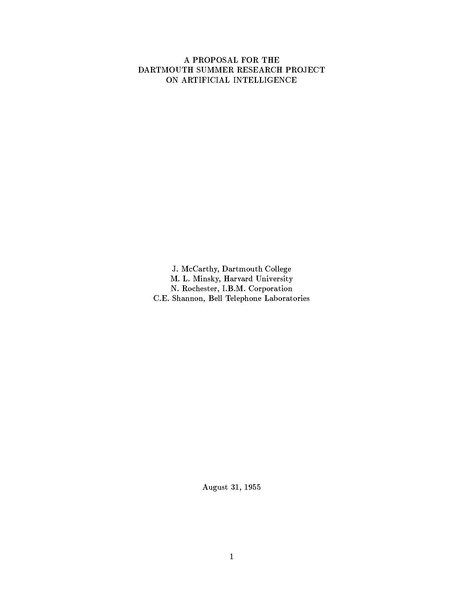
-
Donald Hebb and the Origins of Learning in Neural Networks
In his unpublished manuscript Scientific Methods in Psychology: A Theory of Epistemology Based on Objective Methods in Psychology, Hebb (1934) explored the philosophical concept of mind and critically examined the role of introspection in psychological inquiry. He rejected introspection as a reliable scientific method and sought instead to integrate a theory of mind with behaviorist…
Written by
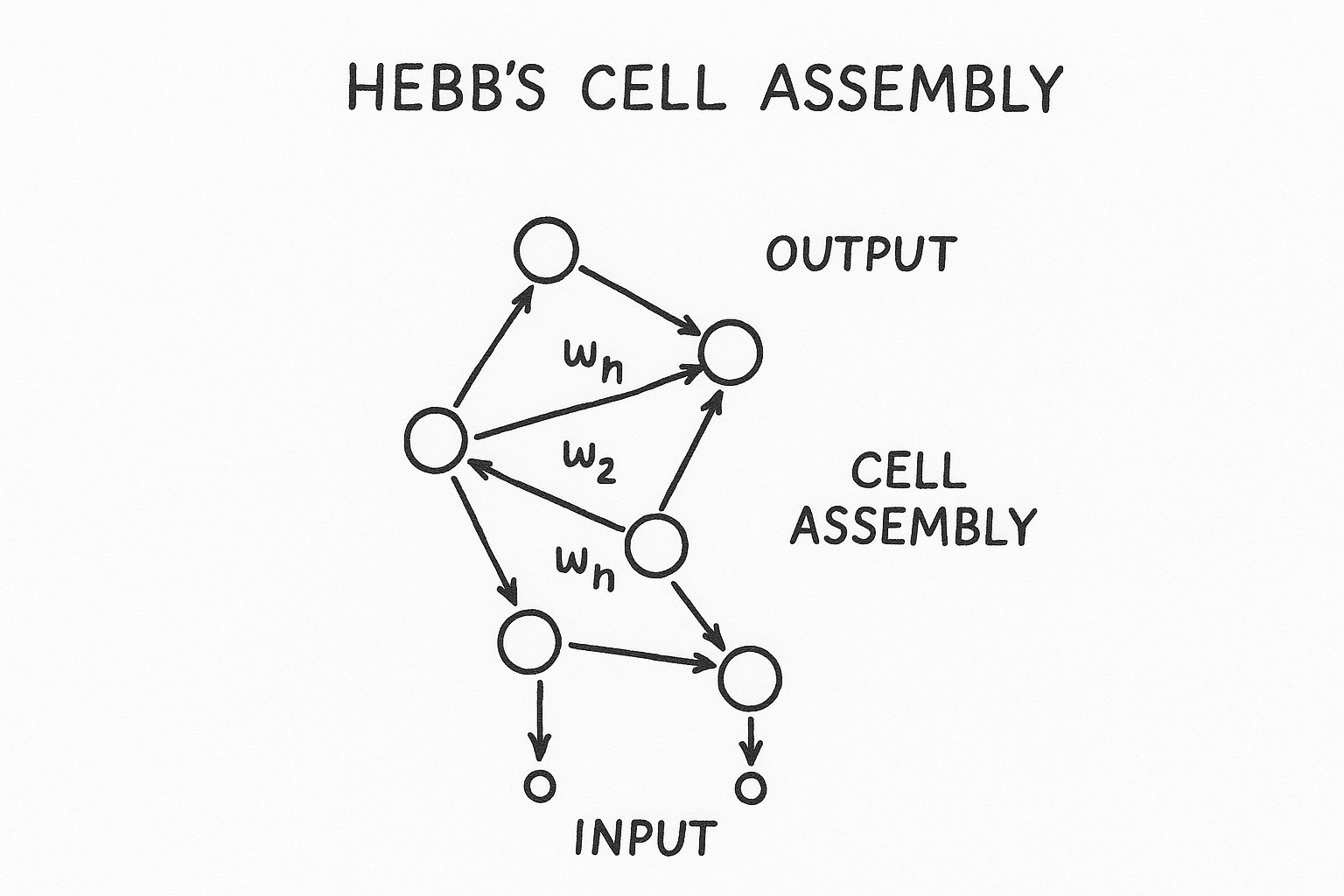
-
From Perceptrons to Parallel Minds: The PDP Revolution in Cognitive Science
When we look back at the early history of machine learning, Frank Rosenblatt and Marvin Minsky built the first artificial learning machines in the 1950s. In those early systems, scientists manually designed the connections between the units.Minsky described one such machine as consisting of a retina — an array of binary input units arranged spatially…
Written by

-
Frank Rosenblatt’s Mark I Perceptron: The Birth of Neural Networks
When digital computers appeared in the 1950s, two main approaches emerged about how they should be understood. This debate led to deep and important discussions. One group thought that computers were physical symbol systems that could instantiate formal representations of the world. The other group saw them as simulations of neuronal interactions. One approach was…
Written by
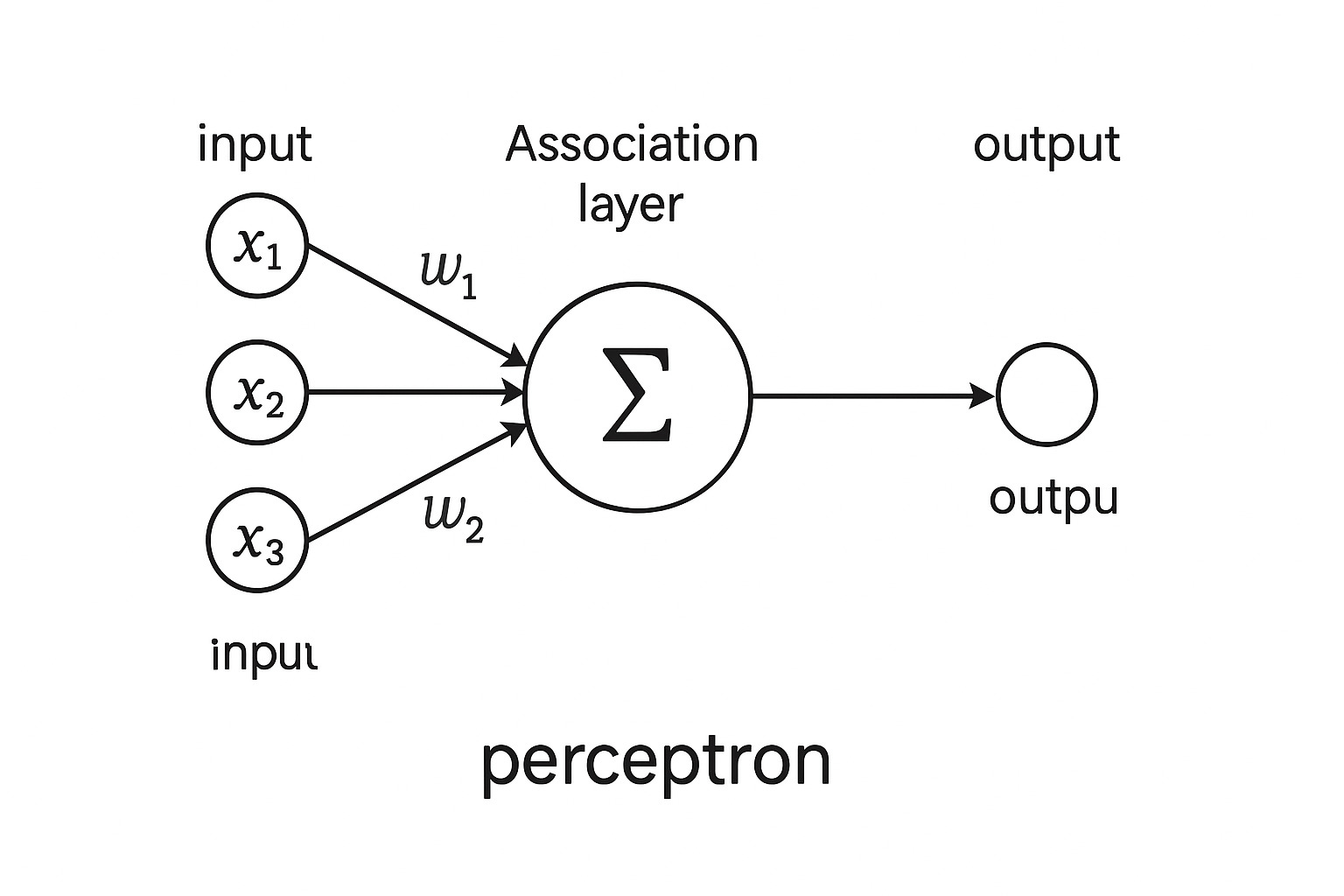
-
How to Create an Artificial Consciousness: Michael Graziano’s Attention Schema Theory
The new LLMs are so sophisticated: they can speak, translate, and do many other things that often impel us to attribute intelligence to them. And to ask the question of whether we might also attribute consciousness to them in the near future. This question immediately leads to the idea that a deep understanding of the…
Written by

-
The Chinese Room and the Question of Machine Understanding: Revisiting John Searle in the Age of LLMs
In his famous work Minds, Brains, and Programs (1980), John Searle formulated a set of responses to the key questions that arise when discussing the ability of machines to think. Weak AI vs. Strong AI At the beginning, Searle makes an important distinction between weak and strong AI. Weak AI refers to machines as tools…
Written by

-
From Petitioners to Revolutionaries: The Levellers and the Struggle for Political Rights
The Levellers’ ideas sound remarkably contemporary, often surprising us with their enduring relevance. However, interpretations of both the Levellers and the English Civil War vary. Some historians characterize the conflict as the last of the religious wars, while others view it as a political revolution. Since 1975, the annual Burford Levellers’ Day has been observed.…
Written by
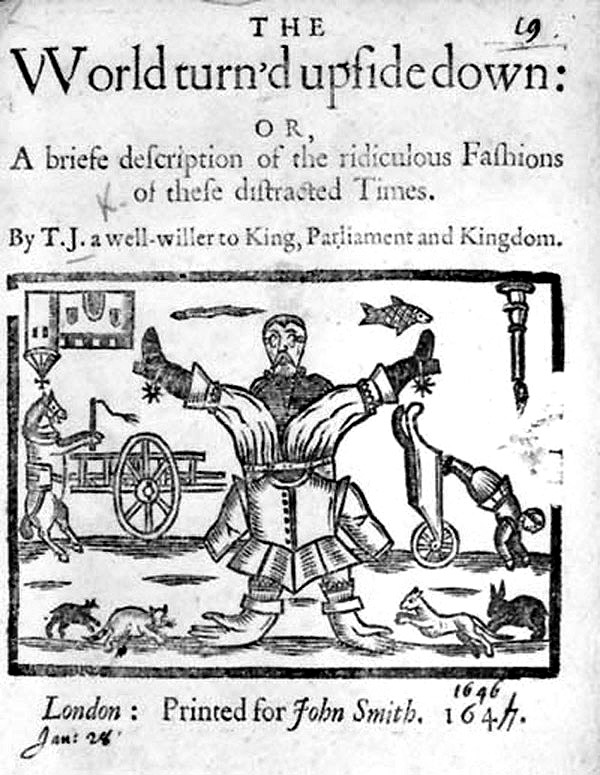
-
Huguenots Political Theory — From Religious Duty to Political Resistance
Today, we will examine the political theory of the Huguenots—a distinct group of French Protestants—and trace their evolution against the backdrop of turbulent historical events. “The Lutheran theory of resistance, as it developed from 1530 to 1550, remains primarily religious in nature. Neither tries to make an appeal across religious boundaries for support in resistance…
Written by

-
The Absolutist Position: Jean Bodin and the Birth of Modern Sovereignty
Many historians describe the 17th century as the era of absolutism, particularly in France. During this period, European parliaments lost significant influence, especially in matters of taxation. In France, the Estates General ceased to meet after 1615, weakening the principle that taxation required consent. By 1673, the Parliament of Paris lost the right to oppose…
Written by

-
John Locke and the Foundations of Political Liberalism
“God, having made man such a creature that, in His own judgment, it was not good for him to be alone, placed him under strong obligations of necessity, convenience, and natural inclination to draw him into society. Moreover, He endowed him with reason and language, enabling him to maintain and enjoy that society.” (Second Treatise,…
Written by
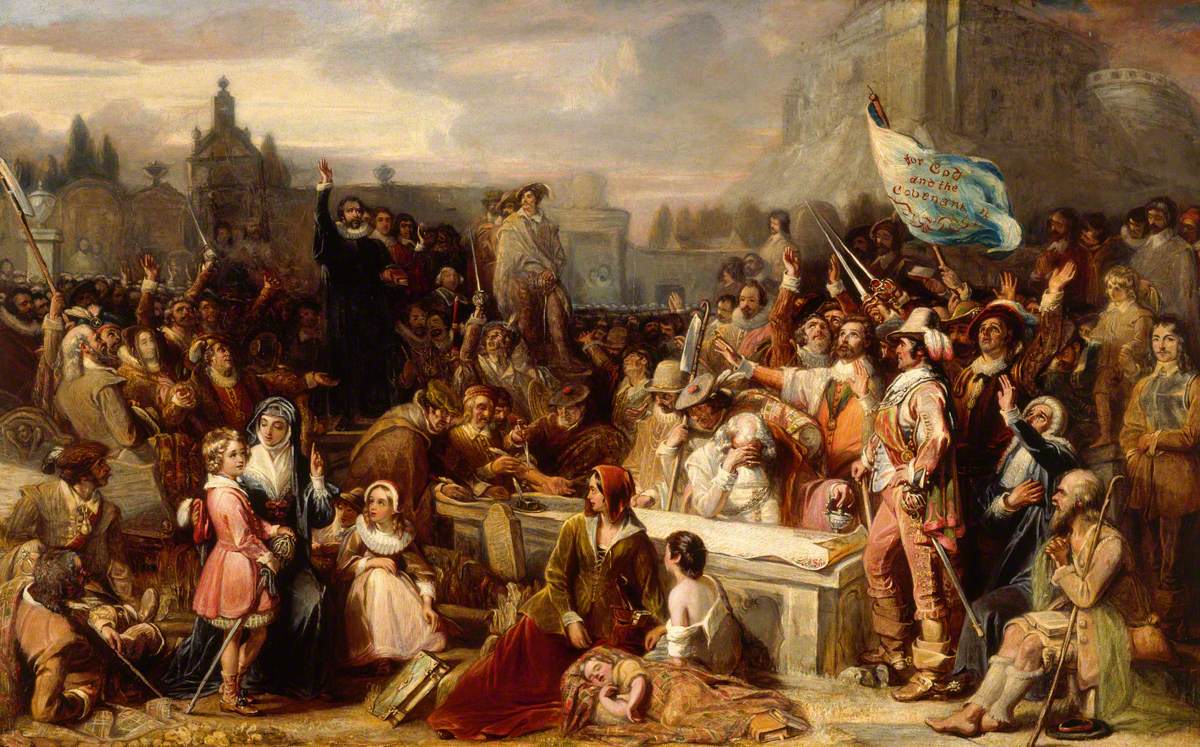
-
John Locke: Life in the Context of Revolution
It is unnecessary to demonstrate at length the scale of Locke’s reputation or the ambiguity of his heritage. As John Dunn puts it: “He was the man in whose name the American Revolution was made, the man whose doctrine in his own lifetime was seen as the indictment of the British ascendancy in Ireland, the…
Written by

-
Martin Luther: A Theological Revolutionary
During the Middle Ages, people viewed the Church as superior to the State, believing it held authority directly from God. According to the doctrine of the “Two Swords,” the Church wielded spiritual power even over rulers, who governed worldly matters but remained subordinate in matters of faith and morality. The Pope could crown or excommunicate…
Written by
